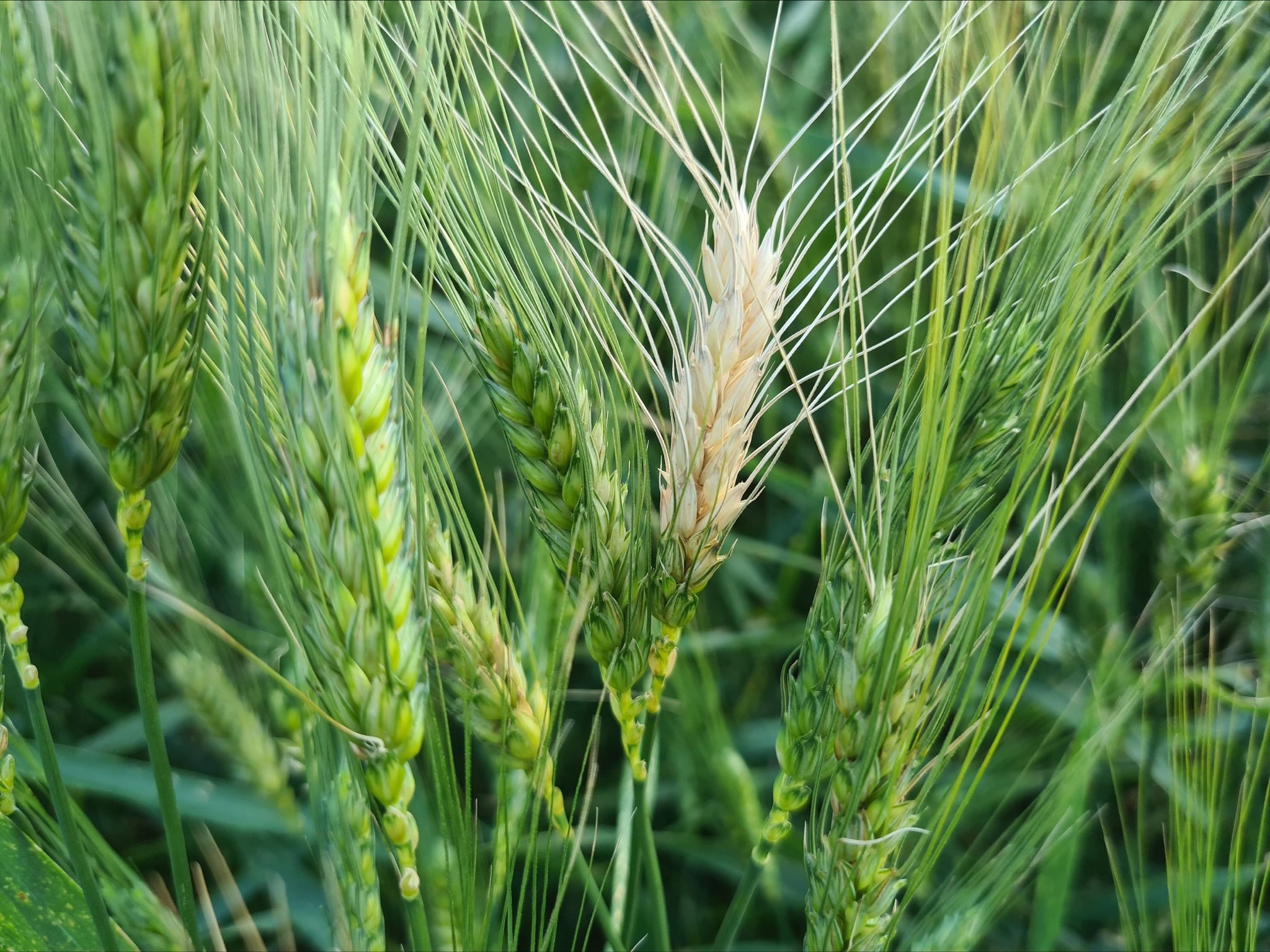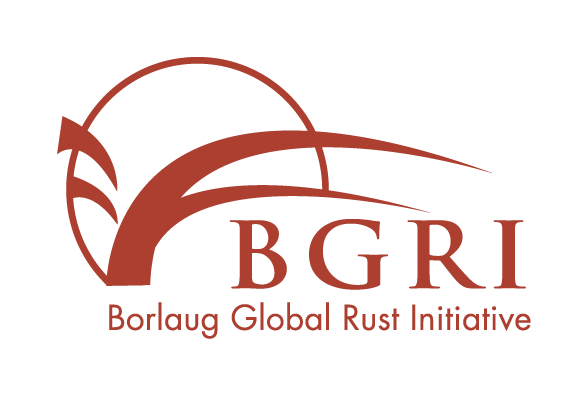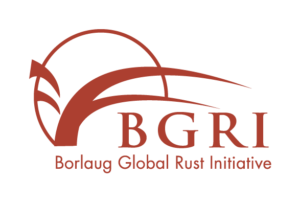The BGRI is an international community of scientists, farmers and agricultural research institutions dedicated to improving genetic gain, and optimizing disease-resistance and climate-resilience in wheat. We educate, train and mentor the next generation of hunger fighters and advocate for wheat scientists and wheat farmers everywhere. We invite anyone who is interested to join us in the fight for a wheat-secure world.
Our Work starts with Our Mission
Cultivation fueled by collaboration
To develop wheat varieties that are resistant to disease and adaptable to a changing climate, the BGRI’s global community has developed systems for the following.
Breeding & Phenotyping
Monitoring, Surveillance & Pathotyping
Multiplying Seed
Building Open-Access Networks
Educating & Training
Advocating for Scientists & Farmers
An integrated global surveillance and monitoring system for wheat
Explore More of Our Work
In addition to these core initiatives, BGRI collaborates on targeted projects, research programs, training efforts, and global events that accelerate progress in wheat security.
- Projects: Targeted initiatives driving scientific advancements and real-world impact.
- Research: Information on wheat diseases, genetics, and breeding strategies.
- Training: Courses aimed at strengthening skills.
- Events: Conferences, workshops, and collaborative meetings that strengthen the global wheat community.
By working together across these areas, BGRI and its partners drive meaningful change in wheat research, breeding, and farmer support—ensuring a more resilient future for wheat production worldwide.






